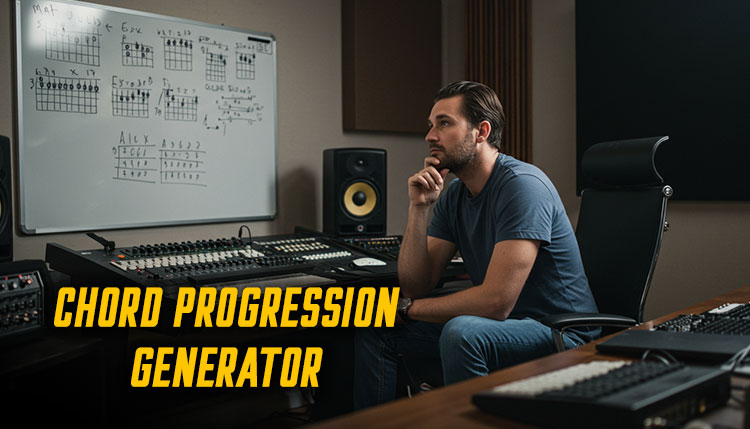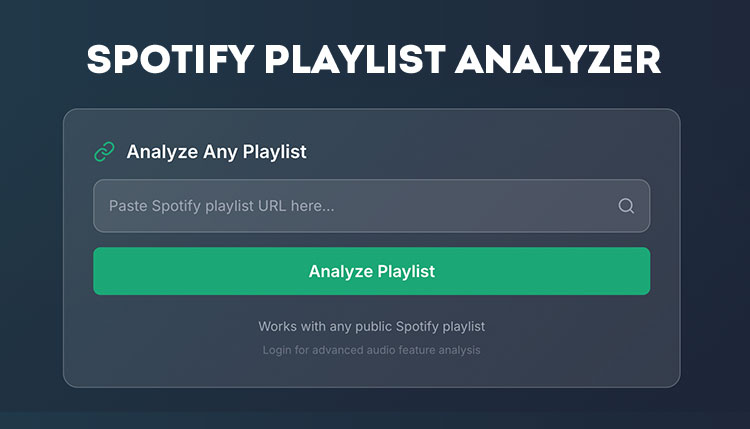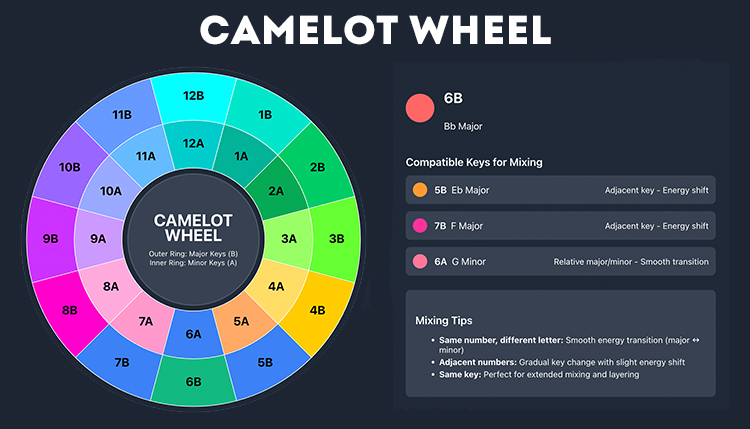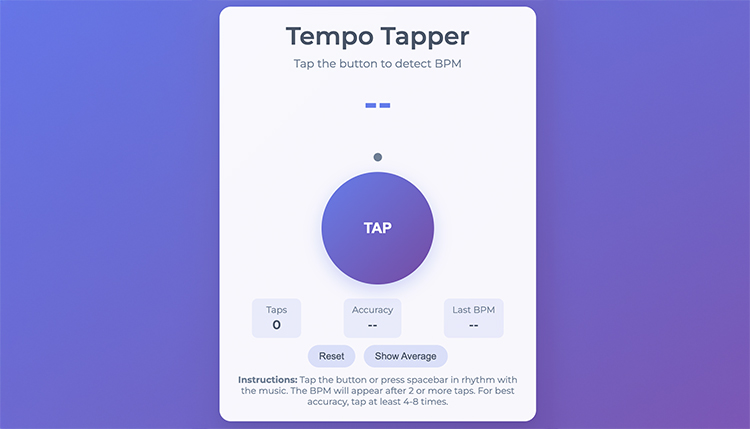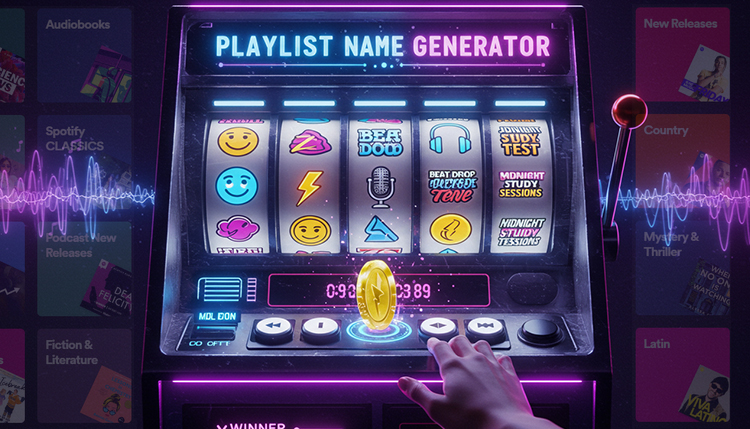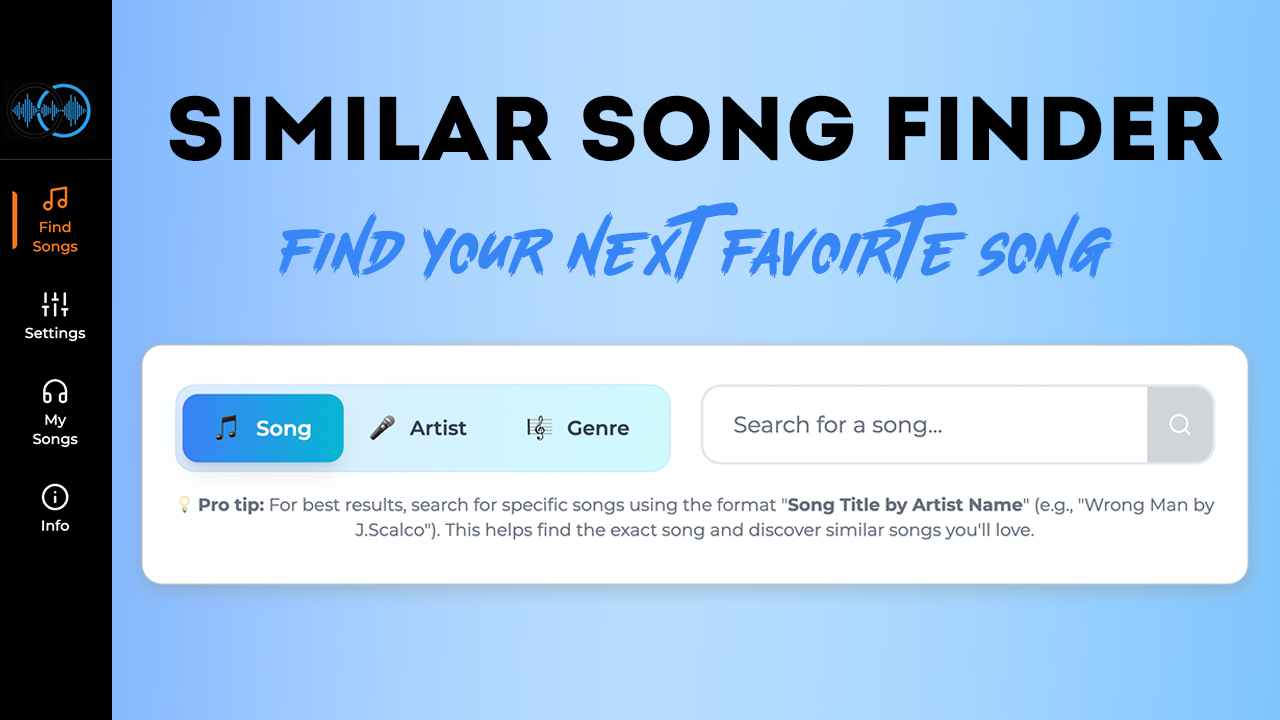Here’s a mind-blowing fact: the same four chords appear in nearly 60% of popular songs from the past five decades.
Pretty wild, right? But here’s the thing – creating fresh, exciting chord progressions doesn’t have to mean reinventing the wheel every time.
Whether you’re stuck in a creative rut or just looking to speed up your songwriting process, chord progression generators have become total game-changers for musicians everywhere.
What is a Chord Progression Generator?
Let’s break this down in simple terms. Think of a chord progression generator like a melody generator, it’s your personal music theory assistant – but way cooler than your old piano teacher (no offense, Mrs. Johnson).
These digital tools are basically like having a super-smart musician friend who knows every chord combination under the sun and can suggest the perfect ones for your song.
At their core, chord progression generators use sophisticated algorithms that understand music theory rules.
It’s like they’ve studied thousands of songs and learned what makes them tick.
But instead of just copying what’s been done before, they can mix and match chord patterns in fresh, interesting ways.
The really neat thing about these tools is how they’ve evolved. Back in the day, they were pretty basic – just spitting out random chord combinations.
Now? They’re smart enough to understand different genres, styles, and even emotional vibes.
Some can even learn your preferences over time, kind of like how Netflix figures out what shows you might like.
These generators come in all shapes and sizes. You’ve got your web-based tools that you can access from any browser – perfect for quick inspiration when you’re noodling around on your guitar.
Then there are the fancy DAW plugins that integrate right into your recording software, making it super easy to experiment with different progressions while you’re producing.
And don’t sleep on mobile apps – they’re perfect for capturing those midnight song ideas without having to boot up your computer.
The best part? You don’t need to be a music theory wizard to use these tools.
Sure, understanding theory helps, but modern chord progression generators are designed to be user-friendly.
They’ll suggest chord combinations that work musically, even if you couldn’t explain why they work theoretically.
It’s like having training wheels for songwriting – but without the embarrassment of actual training wheels.
Common Chord Progressions
Alright, let’s dive into the good stuff – the actual tools you can use to create some killer chord progressions.
The market’s gotten pretty crowded lately, but there are definitely some standout options that deserve your attention.
First up, we’ve got the online heavyweights. These web-based chord generators are absolutely crushing it right now.
Take Chord.ai, for example – this bad boy uses artificial intelligence to analyze your favorite songs and suggest similar progressions.
It’s like having a music theory professor who also happens to be a really cool robot. The free version gives you plenty to work with, but the premium features?
Total game-changer if you’re serious about your craft.
Speaking of premium tools, let’s talk about DAW integration. Logic Pro’s Smart Chord feature has been turning heads lately, and for good reason.
It’s like having a professional composer sitting right next to you, suggesting chord combinations that just work.
And don’t even get me started on Ableton’s Chord MIDI Effect – it’s become the secret weapon for countless electronic producers.
But here’s the thing about mobile apps – they’re seriously underrated.
ChordChord Mobile might look simple on the surface, but it packs some serious punch.
You can generate progressions on the fly, experiment with different genres, and even export your ideas directly to your DAW.
Perfect for those moments when inspiration strikes while you’re waiting for your coffee.
Budget-conscious musicians, listen up – there are some killer free options out there too.
Hookpad’s basic version gives you access to a solid chord progression generator that understands music theory principles.
Sure, you don’t get all the fancy features of the paid version, but it’s more than enough to get those creative juices flowing.
The real MVP might be AutoChords.com – it’s completely free and surprisingly powerful.
The interface is clean, the suggestions are solid, and it even helps you understand why certain chord combinations work together.
It’s like having a music theory cheat sheet that actually makes sense.
How to Choose the Right Chord Progression Generator
Look, choosing the perfect chord progression generator is kind of like picking out a new guitar – you’ve got to know what you’re looking for before you dive in.
Let’s break down what really matters when you’re shopping around for one of these bad boys.
First up, you need to think about your workflow.
Are you the type who likes to noodle around with ideas before hitting the studio? A web-based tool might be your jam.
Or maybe you’re all about that seamless integration with your production setup – in that case, you’ll want to focus on DAW plugins that play nice with your existing software.
Here’s what the pros typically look for in a solid chord progression generator:
- Genre Flexibility: Your tool should speak your musical language. If you’re writing jazz fusion one day and pop-punk the next, you need something versatile enough to keep up
- Learning Curve: Nobody wants to spend weeks figuring out how to use a new tool. The best generators strike that sweet spot between powerful features and user-friendly design
- Export Options: Being able to export your progressions to MIDI or your DAW is huge. Trust me, you don’t want to be manually recreating that perfect progression you just generated
- Customization Level: Sometimes you want suggestions, sometimes you want total control. Look for tools that let you tweak parameters like complexity, genre influence, and chord voicings
Price is obviously a factor, but here’s the thing – expensive doesn’t always mean better.
Some of the most powerful chord generators out there are totally free or have solid free tiers.
Think about what features you actually need rather than getting dazzled by the fancy extras you might never use.
And let’s talk about compatibility for a sec. There’s nothing worse than finding the perfect tool only to realize it doesn’t work with your setup.
Check the technical requirements before you get too excited about any particular option.
Making the Most of Your Chord Progression Generator
So you’ve got your chord progression generator – now what?
Well, buckle up, because we’re about to turn you into a power user.
The key is understanding that these tools are meant to inspire, not replace your creativity.
Here are some pro tips that’ll help you squeeze every drop of awesome out of your chord generator:
Start with the Basics:
- Begin with simple progressions and gradually add complexity
- Use the generator’s suggestions as starting points, not final decisions
- Try generating multiple variations of the same basic progression
Workflow Integration:
- Set up keyboard shortcuts for your most-used features
- Create templates for different genres or styles
- Develop a system for saving and organizing your favorite progressions
Creative Techniques:
- Mix and match progressions from different generators
- Use the tool to break out of your usual patterns
- Experiment with changing keys and tempos of generated progressions
One of the coolest tricks is using your chord generator as a learning tool.
Pay attention to the progressions it suggests and try to understand why they work.
It’s like having a music theory tutor that never gets tired of explaining things.
Remember those times when you’re totally stuck on a song? That’s when these tools really shine.
Instead of banging your head against the wall trying to force inspiration, let the generator throw some fresh ideas your way.
dfSometimes all you need is that one unexpected chord change to get the creative juices flowing again.
Advanced Features and Music Theory Integration
Now we’re getting into the really juicy stuff. Modern chord progression generators aren’t just random chord spitters – they’re sophisticated tools that can help you understand and apply music theory in real-time.
The AI integration in today’s top generators is mind-blowing. We’re talking about tools that can:
Analyze Your Style:
- Learn from your previous compositions
- Suggest progressions based on your genre preferences
- Adapt to your harmonic tendencies
Theory Applications:
- Explain the function of each chord in the progression
- Suggest alternative chord voicings
- Demonstrate common substitutions and variations
Genre-Specific Features:
- Jazz-specific extensions and substitutions
- EDM-focused progression patterns
- Classical harmony rules and guidelines
Let’s geek out about music theory for a sec. The best generators don’t just give you chords – they help you understand why certain combinations work better than others.
It’s like having a music theory professor in your pocket, but one that’s totally cool with you breaking the rules when it serves the song.
Some advanced generators even let you specify things like modal interchange or secondary dominants.
Don’t worry if those terms sound like musical mumbo-jumbo – the tools will help you understand these concepts by showing you how they work in practice.
And here’s a pro tip that not enough people take advantage of: use your generator’s analysis features to break down your favorite songs.
Understanding why those progressions work can help you create your own killer chord sequences.
Conclusion
Whew! We’ve covered a lot of ground, but here’s the bottom line: chord progression generators are incredible tools that can supercharge your songwriting process.
Whether you’re a bedroom producer just starting out or a seasoned pro looking to shake things up, these tools can help unlock new creative possibilities.
Remember, the best chord progression generator is the one that fits your workflow and helps you make better music.
Don’t be afraid to experiment with different tools until you find your perfect match. And most importantly, use these tools to enhance your creativity, not replace it.
So what are you waiting for? Fire up that chord progression generator and start creating some magic. Your next hit song might be just a few clicks away!

